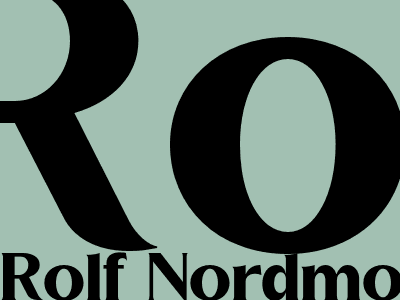
How Rolf Nordmo Revolutionized the Art of Writing and Understanding Poetry
Early Life and Influences
Rolf Nordmo, a renowned Norwegian poet and playwright, left an indelible mark on the literary world. Born in 1894 in Lyngen, Norway, he grew up immersed in the natural beauty and folklore of his surroundings. Nordmo's early influences included the works of Henrik Ibsen, Knut Hamsun, and Henrik Wergeland, who instilled in him a deep appreciation for language, symbolism, and the power of storytelling.
Literary Breakthrough and Exploration
Nordmo's literary breakthrough came in 1921 with the publication of his debut collection of poems, "Peonies." This groundbreaking work introduced a new voice in Norwegian poetry, characterized by its vivid imagery, emotional depth, and exploration of the human condition. Nordmo's subsequent poems delved into themes of love, loss, nature, and the search for meaning in an increasingly complex world.
Artistic Innovations and Influences
- Nordmo pioneered the use of free verse and experimental forms in Norwegian poetry.
- He drew inspiration from Nordic mythology, folklore, and the rhythms of folk songs.
- Nordmo's work influenced subsequent generations of Norwegian and international poets.
Thematic Explorations and Symbolism
Nordmo's poetry transcended the boundaries of traditional verse, inviting readers to engage with universal themes and emotions. His work frequently explored the interplay between nature and humanity, delving into the cycles of life, death, and rebirth.
Nordmo's use of symbolism was both subtle and profound. He imbued everyday objects, natural phenomena, and mythological figures with deeper meanings, creating a rich tapestry of imagery that evoked a wide range of interpretations.
Recognition and Legacy
Nordmo received numerous accolades throughout his career, including the prestigious Norwegian Critics' Prize for Literature in 1943. His work has been translated into over 30 languages, reaching a global audience.
Rolf Nordmo's legacy continues to inspire and challenge readers today. His innovative approach to poetry and profound insights into the human experience have cemented his place as one of the most influential and enduring figures in Norwegian literature.